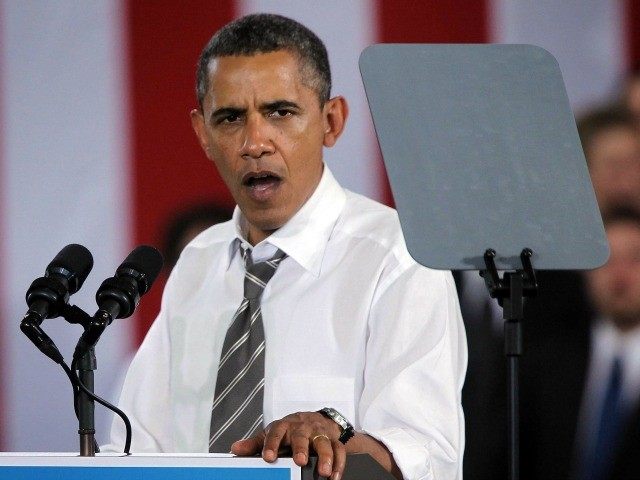The Senate can reclaim its sovereignty (and equal member of government status) by decreeing the ”agreement” an actual treaty and treat it as such, and then reject it in whole, with Obama needing 2/3 of the Senate to approve his veto.
NOTE: Obama is like a hacker trying to breach every firewall in the constitution (that was specifically meant to deter troublemakers like himself) in order to create as much havoc as possible to the existing system that he rejects and wants to eventually subvert..
SURPRISE! THE STATES CAN REJECT THE IRAN DEAL

The Obama administration has sent the Iran nuclear deal to Congress for a 60-day review provided by the Corker bill. However, President Barack Obama has pre-empted Congress by going to the UN Security Council first, which has already voted to end international sanctions and accept the deal. Furthermore, even if Congress rejects the deal, it will struggle to muster a two-thirds majority to override the president’s veto.
There is one effective way, however, that the Iran deal can be rejected: states and local governments can refuse to comply with it.
That may come as a surprise. States and local governments do not play much of a role in foreign policy. However, they cannot be forced to implement an international treaty or agreement that is not self-executing–i.e. one whose implementation requires new congressional laws.
Thanks to the victory at the Supreme Court by then-Texas Solicitor General Sen. Ted Cruz (R-TX) in Medellín v. Texas (2008), it is a settled principle in constitutional law that states cannot be forced to comply with international treaties unless Congress has passed statutes giving them effect.
The Iran deal stipulates (p. 15):
25. If a law at the state or local level in the United States is preventing the implementation of the sanctions lifting as specified in this JCPOA, the United States will take appropriate steps, taking into account all available authorities, with a view to achieving such implementation. The United States will actively encourage officials at the state or local level to take into account the changes in the U.S. policy reflected in the lifting of sanctions under this JCPOA and to refrain from actions inconsistent with this change in policy.
The “sanctions” to which the deal refers are the array of divestment laws that have been passed in recent years to prevent pension funds and contractors from providing economic benefits to Iranian companies the Iranian regime. 30 states have passed divestment laws, roughly a dozen have passed contracting restrictions, and some have passed supplemental legislation, such as a 2012 law passed in California that applies to the state’s insurance industry.
Many of the states that have applied harsh restrictions on Iran, moreover, are liberal “blue” states. New York, for example, maintains a blacklist of persons “determined to be engaged in investment activities in Iran.”
As the state government explains further: “Once an entity appears on the list, it will be considered a non-responsive bidder/offerer and prohibited from entering into contracts with New York State or local governments.” That includes companies that are not Iranian themselves, but do business with Iran.
